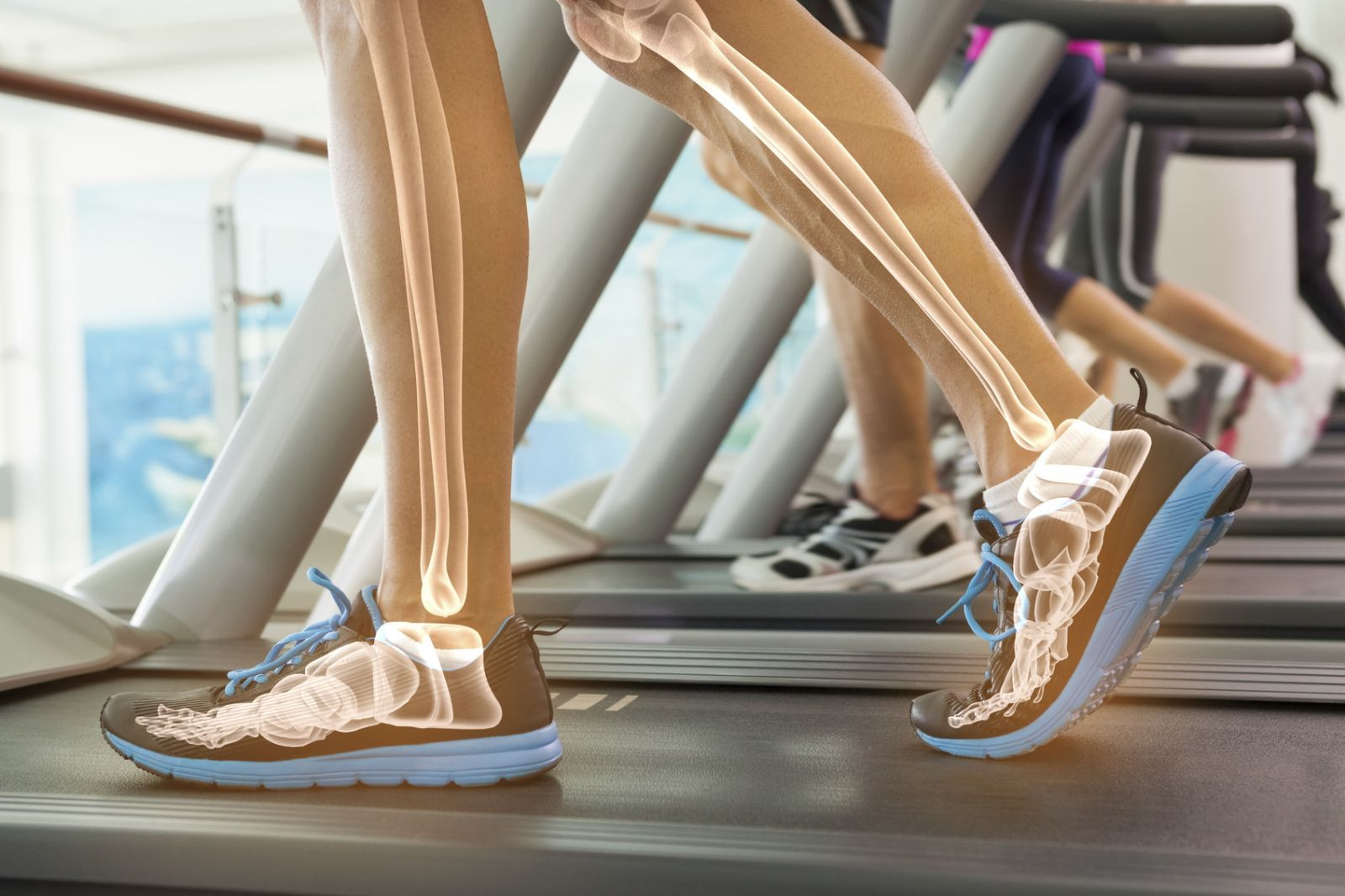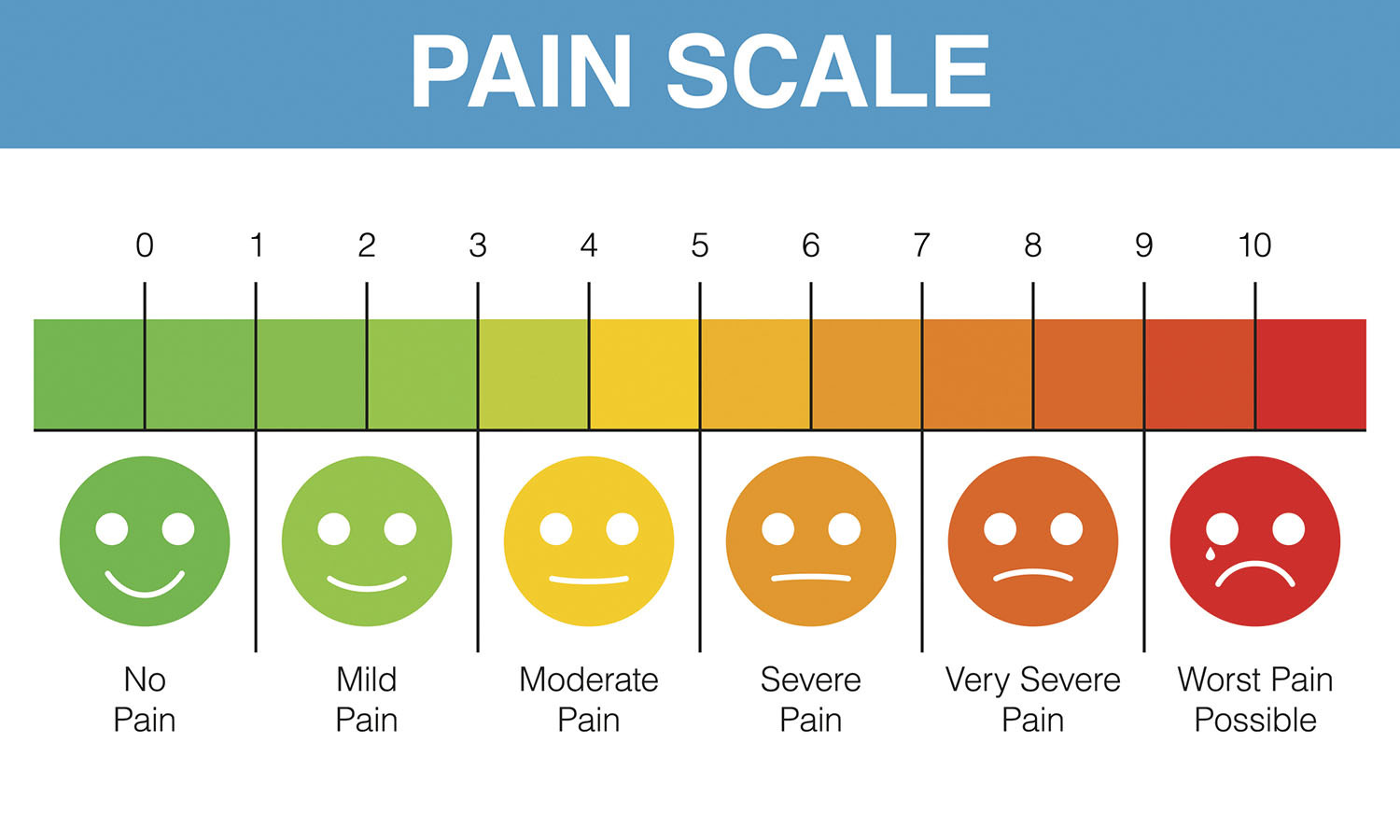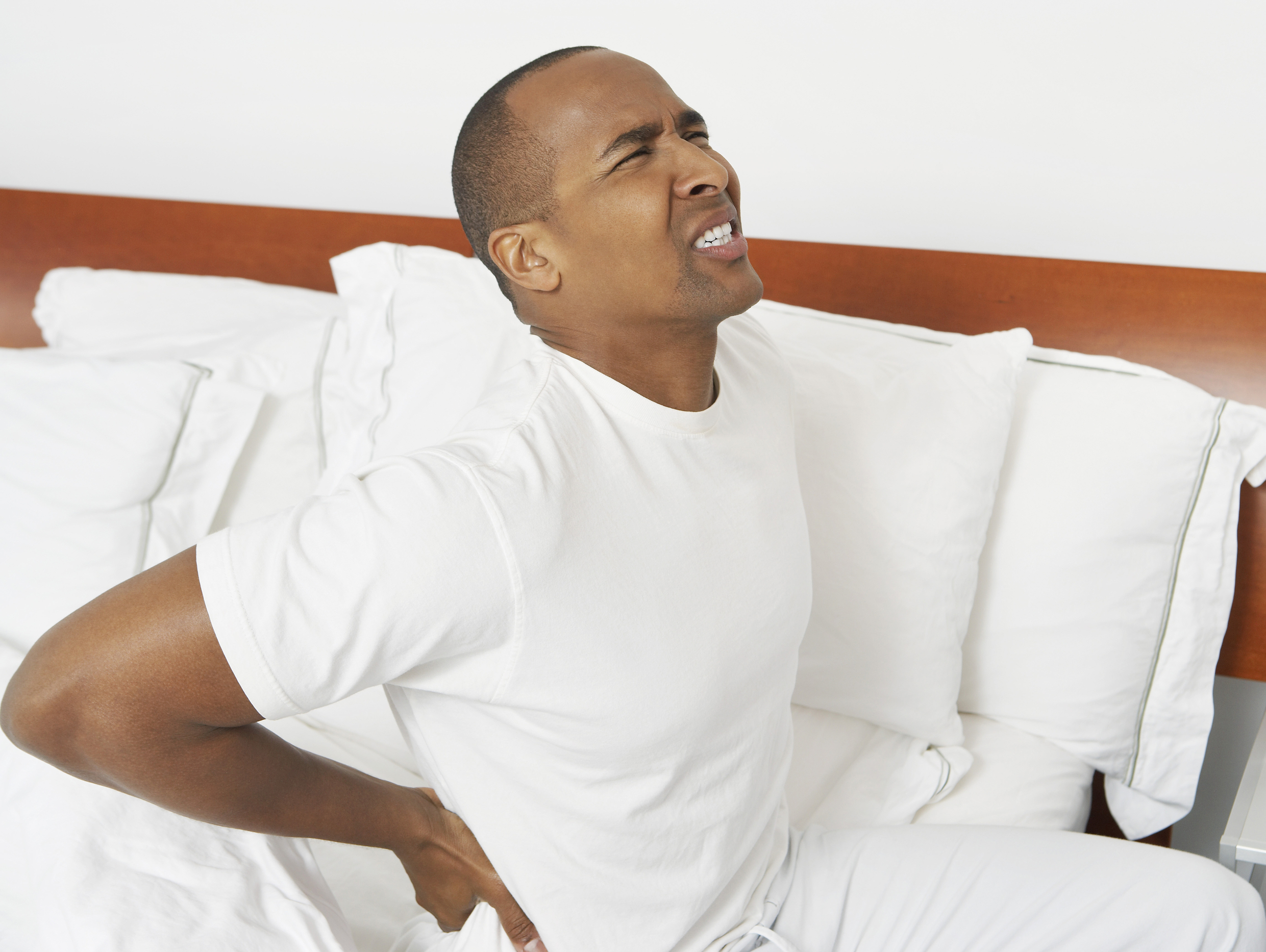
Respiratory health harms often follow flooding: Taking these steps can help

Tips to leverage neuroplasticity to maintain cognitive fitness as you age

Can white noise really help you sleep better?

Celiac disease: Exploring four myths

What is prostatitis and how is it treated?

What is Cushing syndrome?

Exercises to relieve joint pain

Think your child has ADHD? What your pediatrician can do

Foam roller: Could you benefit from this massage tool?

Stepping up activity if winter slowed you down
Pain Archive
Articles
Strategies to manage surgical pain
Because addiction to pain pills often starts with an operation, surgeons are shifting to non-opioid approaches for pain control.
Image: © Morsa Images/Getty Images
Many people who are struggling with opioid addiction didn't start taking the drugs at a party or at a friend's house. They were introduced to these painkilling medications by their doctor after a surgical procedure.
In the 1990s, the number of opioid prescriptions written for people undergoing surgery or experiencing pain conditions grew — and so did related problems. As a result, "we are in a current opioid epidemic, with 91 substance-related deaths each day, according to the CDC," says Dr. Elizabeth Matzkin, an orthopedic surgeon and assistant professor at Harvard Medical School.
Improving your mobility
A fundamental goal of healthy aging is to keep walking as long as possible. Barring an injury or disabling disease, most of us think of the ability to walk as a defining capability of the human body. Of course, people who lose their ability to walk can still retain mobility through wheelchairs and assistive devices, and they can have full and happy lives. But there's no reason why most people can't keep walking their whole lives. It's important to stay active in order to maintain this ability—or, if you haven't been active for a while, to start with whatever simple measures it takes to boost your level of activity and start improving mobility.
Staying active with joint pain
It's important to keep joints moving, even if you're dealing with pain from arthritis or an overuse injury. But sometimes you'll need to keep weight off a joint and rest it more than you usually would. Don't let a painful joint prevent you from exercising; try these joint-friendly options instead:
Surgery-free pain relief for hips and knees
Hip and knee pain can keep you from the activities you love, as well as make routine tasks difficult. But there are many ways to get you moving again pain-free, without surgery. Here are some of the treatments that can help relieve hip and knee pain.
Ultrasound, phonophoresis, and iontophoresis
Therapeutic ultrasound is a simple procedure that uses sound waves to increase blood flow, relax muscle spasms, and aid healing that leads to faster hip pain relief and knee pain relief. The therapist applies gel to your skin and moves an ultrasound wand over your skin around the painful area. In a special ultrasound technique called phonophoresis, medication (often hydrocortisone) is added to the gel. In a survey of orthopedic physical therapists, more than half said they would use ultrasound and phonophoresis to reduce soft-tissue inflammation (in tendinitis or bursitis, for example). These techniques are also used to manage pain, heal tissue, and help muscles stretch.
The pain of measuring pain
Doctors and patients use the 10-point pain scale to gauge the severity of pain, but there may be a better way.
Image: © EgudinKa/Getty Images
You may remember being asked to describe your level of pain on a 10-point scale, with 0 meaning no pain and 10 meaning extreme pain.
This scale was initially designed to help nurses and doctors better document and monitor how much pain you were experiencing and thereby offer the right treatment.
The drug-free approach to pain management
You have many alternatives for treating and controlling pain.
The opioid epidemic continues to rise in America, and a 2017 report from the National Initiative for the Care of the Elderly suggests the crisis now affects more older adults.
A main reason for the growing addiction to pain medicine is the ease with which it is often prescribed, according to Dr. Robert Jamison, a professor of anesthesia and psychiatry with Harvard-affiliated Brigham and Women's Hospital.
Are you at risk for osteoarthritis?
Osteoarthritis, the most common form of arthritis, occurs when protective cartilage inside a joint wears down. This type of arthritis is unheard of in children and is rare in young adults, but often occurs in older people and people who are overweight. Because of this, osteoarthritis was long considered a natural product of aging and everyday wear and tear on joint cartilage.
However, many experts now believe the cause is much more complex. External factors, such as injuries, can set the stage for osteoarthritis, but how fast it progresses and how severe it becomes depends on a number of factors. Here are just a few factors that can increase your osteoarthritis risk.

Respiratory health harms often follow flooding: Taking these steps can help

Tips to leverage neuroplasticity to maintain cognitive fitness as you age

Can white noise really help you sleep better?

Celiac disease: Exploring four myths

What is prostatitis and how is it treated?

What is Cushing syndrome?

Exercises to relieve joint pain

Think your child has ADHD? What your pediatrician can do

Foam roller: Could you benefit from this massage tool?

Stepping up activity if winter slowed you down
Free Healthbeat Signup
Get the latest in health news delivered to your inbox!
Sign Up











